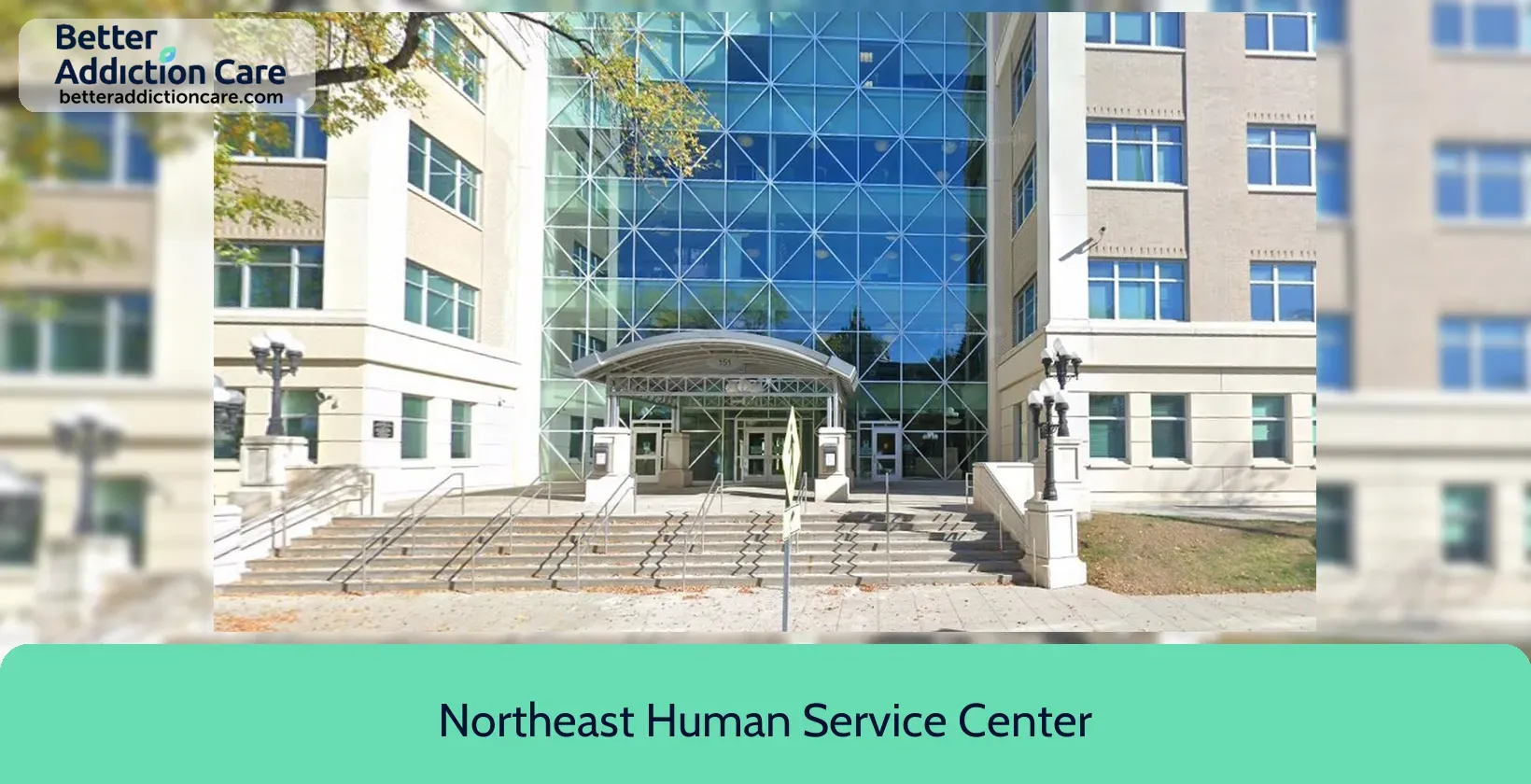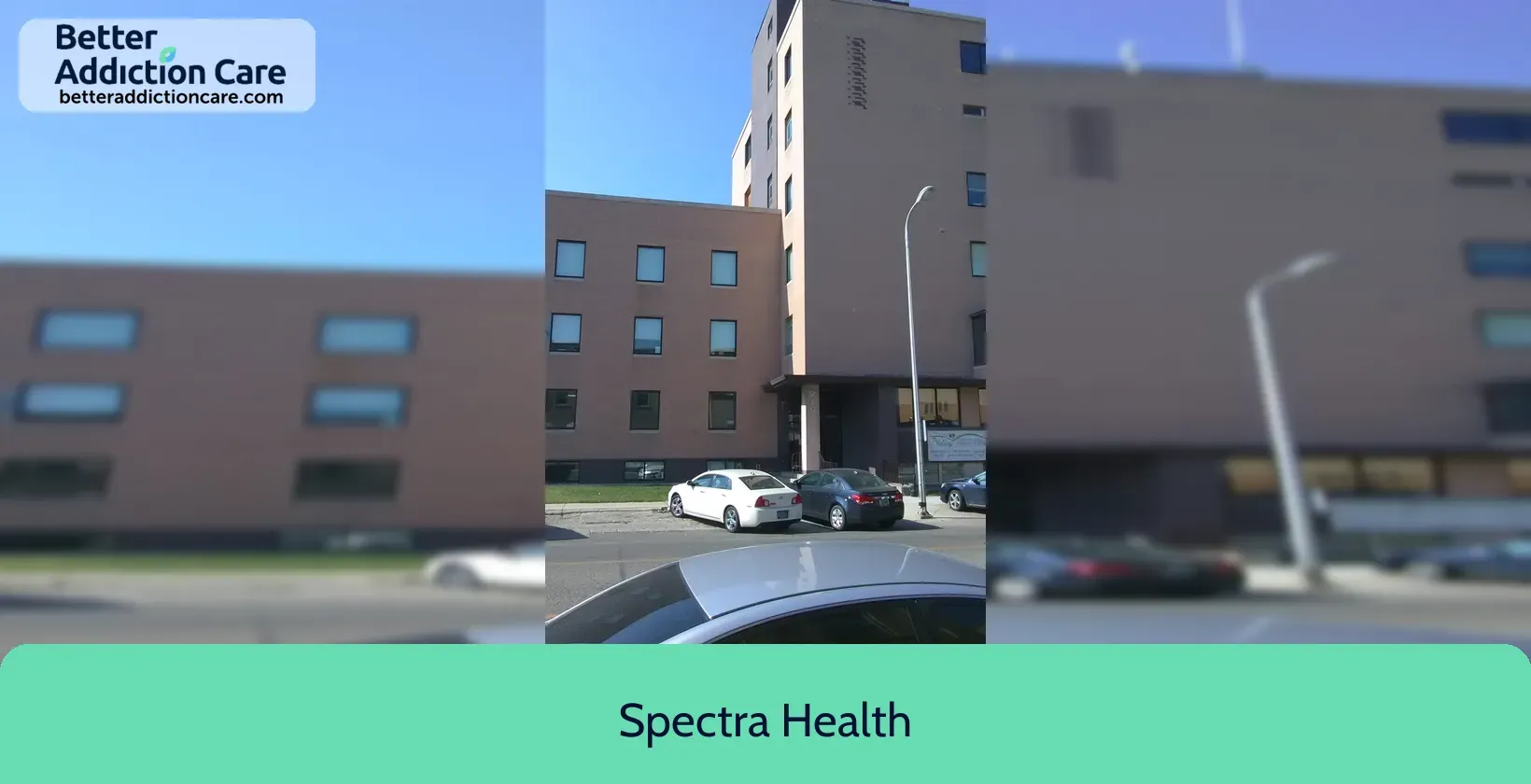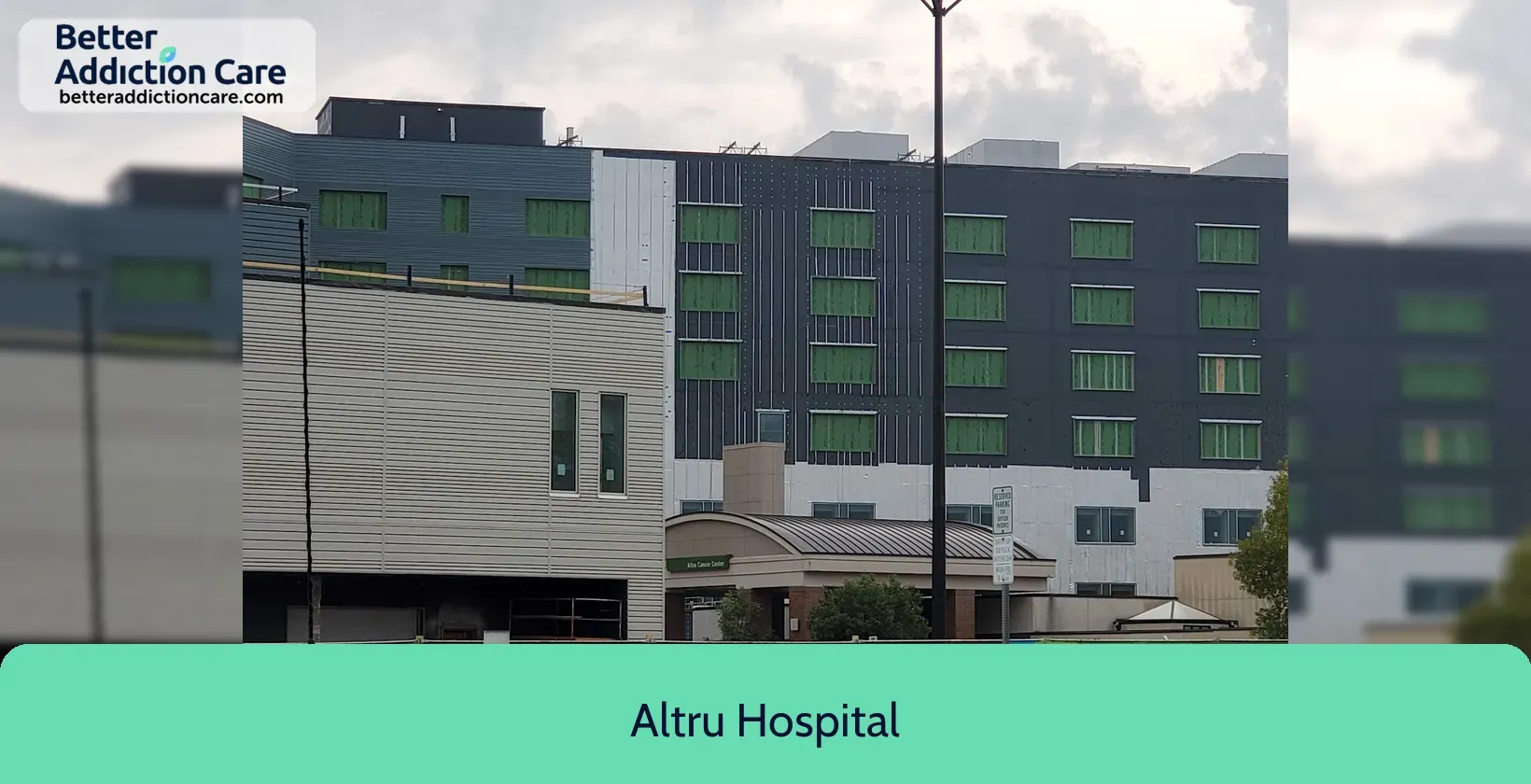Ruth Meier Adolescent Facility

Overview
Ruth Meier Adolescent Facility is a mental health treatment center for people seeking treatment near Grand Forks County. As part of their treatment modalities for recovery, Ruth Meier Adolescent Facility provides couples/family therapy, group counseling, and cognitive behavioral therapy during treatment. Ruth Meier Adolescent Facility is located in Grand Forks, North Dakota, accepting cash or self-payment for treatment.
Ruth Meier Adolescent Facility at a Glance
Payment Options
- Cash or self-payment
- Medicaid
- Medicare
- State-financed health insurance plan other than Medicaid
- Private health insurance
Assessments
- Comprehensive mental health assessment
- Comprehensive substance use assessment
Age Groups
- Young adults
- Children/adolescents
Ancillary Services
- Case management service
- Education services
- Psychosocial rehabilitation services
Highlights About Ruth Meier Adolescent Facility
6.59/10
With an overall rating of 6.59/10, this facility has following balanced range of services. Alcohol Rehabilitation: 8.00/10, Drug Rehab and Detox: 6.00/10, Insurance and Payments: 6.00/10, Treatment Options: 6.36/10.-
Alcohol Rehabilitation 8.00
-
Treatment Options 6.36
-
Drug Rehab and Detox 6.00
-
Insurance and Payments 6.00
Treatment At Ruth Meier Adolescent Facility
Treatment Conditions
- Mental health treatment
- Substance use treatment
- Co-occurring Disorders
Care Levels
- Hospital inpatient treatment
Treatment Modalities
- Couples/family therapy
- Group counseling
- Cognitive behavioral therapy
- Dialectical behavior therapy
Ancillary Services
Languages
- Sign language services for the deaf and hard of hearing
Special Programs
- Children/adolescents with serious emotional disturbance (SED)
- Persons 18 and older with serious mental illness (SMI)
Get Help Now
Common Questions About Ruth Meier Adolescent Facility
Contact Information
Other Facilities in Grand Forks

6.62

6.71

7.19

7.16

6.59
Browse rehab centers near Grand Forks and in other cities across North Dakota
DISCLAIMER: The facility name, logo and brand are the property and registered trademarks of Altru Hospital, and are being used for identification and informational purposes only. Use of these names, logos and brands shall not imply endorsement. BetterAddictionCare.com is not affiliated with or sponsored by Altru Hospital.
